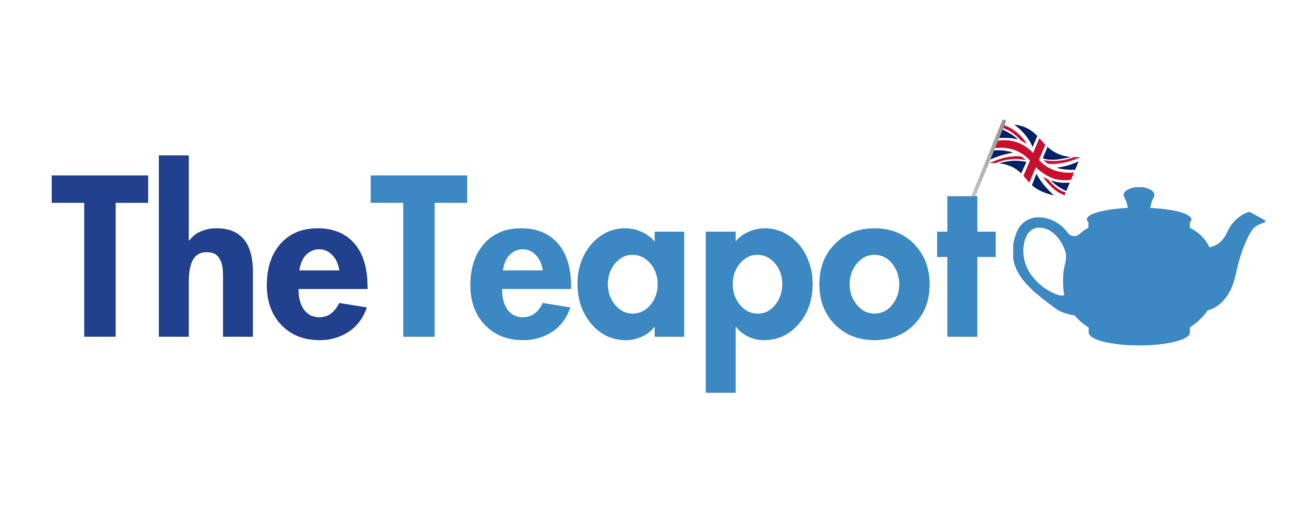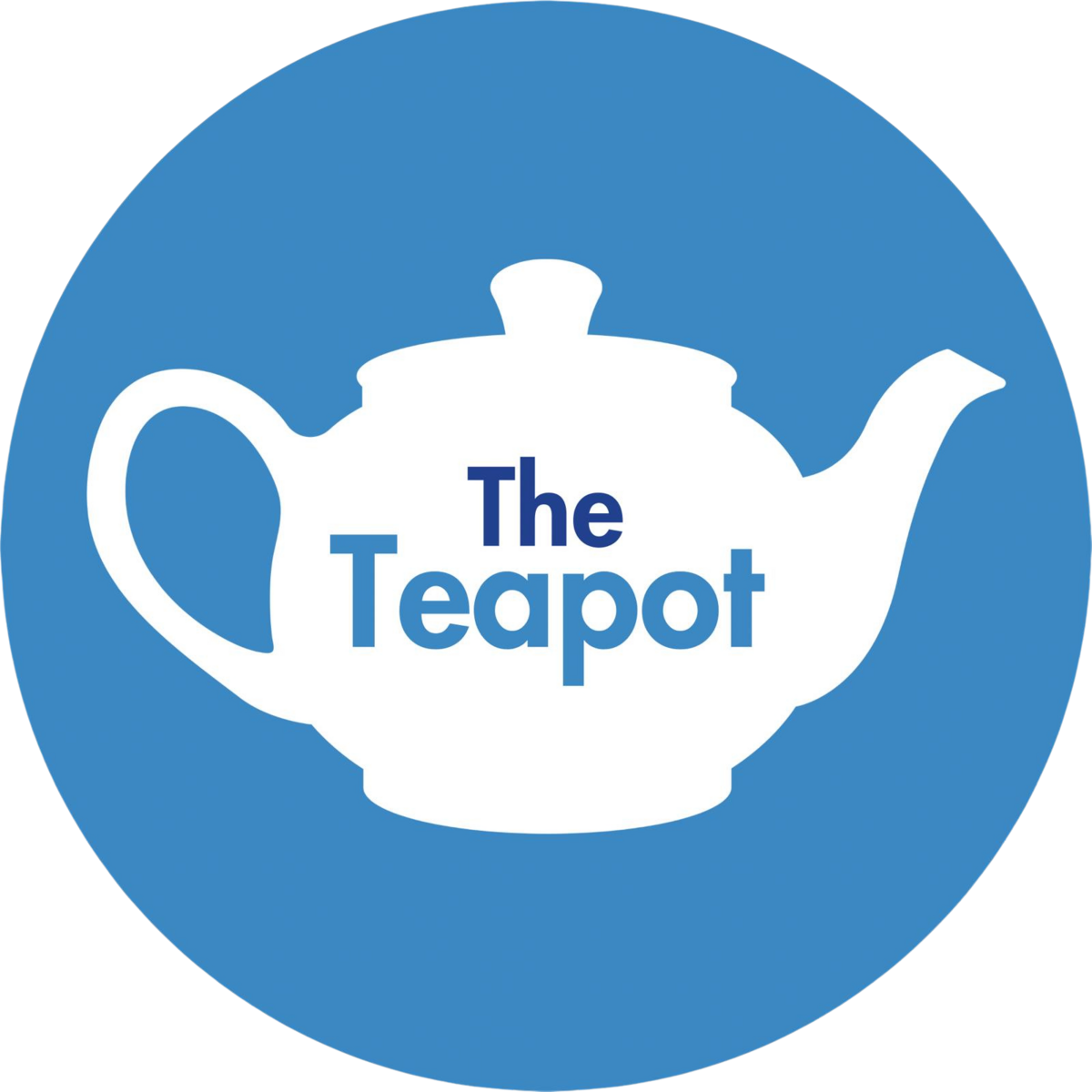Morning all. One hundred years ago, George Mallory and Andrew ‘Sandy’ Irvine set off on an expedition to become the first two people to summit Mount Everest. The question of whether or not they ever made it has been one of climbings great mysteries, as they never returned. This attempt came 29 years before Tenzing Norgay and Edmund Hillary reached the top.
The remains of George Mallory were discovered on the mountain in 1999, but his companion, Irvine, had never been found. This was the case up until last week, when a National Geographic team filming on Everest found a boot thawing out of a glacier on the mountain. Incredibly, inside the boot, was a preserved foot wearing a sock labelled “A. C. IRVINE”.
The boot, discovered on the Central Rongbuk Glacier, still bore Irvine’s initials—“A.C. Irvine”—stitched into the sock inside. For Irvine’s relatives, this discovery is both a moment of relief and deep reflection.
Could this find finally answer the age-old question of whether Mallory and Irvine became the first people to conquer Everest? The search will now turn to finding Irvine’s camera, which may hold photos proving they made it to the top. As the ice on Everest continues to melt due to climate change, revealing clues long buried.
MARKETS
| FTSE 100 | £8,253.65 | -0.60% |
| FTSE 250 | £20,764.93 | -0.42% |
| AIM | £733.85 | -0.64% |
| GBP/EUR | €1.194 | -0.18% |
| GBP/USD | $1.3073 | -0.39% |
Data: Google Finance, 7-day Market Close
📈📉
PROJECT WATCH
🛣️ £9bn Lower Thames Crossing decision delayed. Read more
🌊 Wave energy pilot underway to tackle tech issues for future wave farms. Read more
💦 Statera Energy submit proposal for green hydrogent plant in Aberdeenshire. Read more
ECONOMY & FINANCE
Rinse and repeat, house prices climb again
UK house prices have gone climbing again—like a mountaineer on a chain reaction of energy gel and caffeine hits. Halifax, Britain’s prodigious mortgage lender, reports a 0.3% rise in prices last month, with homes now a pocket-pinching £293,399, a mere stone’s throw from the record peak £293,507 hit in June 2022 (just before the Liz Truss budget debacle).
On a yearly scale, we’ve seen a 4.7% price rise, inching a bit ahead of August's 4.3%. This is the fastest growth since November 2022. The Bank of England's slashing of interest rates in August to a smooth 5% has saved our bacon, fostering a cut-throat brawl among lenders slashing mortgage rates lower than politicians cut promises.
Nationwide is pulling out all the stops, letting first-time buyers stretch themselves on mortgage rubber bands up to six times their earnings. It's all part of the ultimate effort to lure fresh cash—whoops, customers, into their vaults. Amanda Bryden from Halifax advises that while conditions have improved, most buyers will still find themselves priced out of a home they deserve, left dangling from the property ladder like a washing line on washout Mondays.
Adding salt to the wound, a study from Hamptons estate agents paints a tough picture for the future for Generation Z. These not-so-lucky hopefuls will find themselves forking over about £1,739 a month on mortgages.
Did somebody say growth?
The UK economy finally peeled itself off its metaphorical sofa, managing to grow by 0.2% in August. After two months lounging in zero-growth zone, hints of promise emerged with a push from the services, manufacturing, and construction sectors.
In a surprisingly coordinated display of national effort akin to a school sports day, production clocked a 0.5% growth rebound after having a dismal summer, while construction rose by 0.4%. Meanwhile, service industries, steady as seasoned marathon runners, huffed a modest 0.1% up the economic hill.
Chancellor Rachel Reeves practically wagged her finger with delight at the good news, boasting the government’s dedication to growth, hospitals, rebuilds, and uplifting the hardworking masses.
Economists and analysts are on tenterhooks as the Bank of England unwinds its rate cut plans, pondering if they need to keep the economy caffeinated or let it snooze till Christmas.
POLITICS
The end of an era: hereditary peers face their final curtain
It looks like the days of hereditary peers in the House of Lords are numbered, with Labour ministers aiming to boot them out by Easter 2025. This bold move marks the biggest shake-up of parliamentary rules in a generation, as Labour pushes through legislation that could see the remaining 92 hereditary peers ousted once and for all. While the Lords has long been criticised for its mix of life peers, bishops, and aristocrats with titles passed down like antique family silver, this latest push is part of Labour’s broader agenda to clean up the institution.
This isn’t the first time Labour has gone after the hereditary peerage. Back in 1999, the party drastically cut the number of hereditary peers, leaving just 92 as a concession to the Conservatives. But now, with recent scandals (like Baroness Michelle Mone and those dodgy PPE contracts) hanging over the Lords, Labour is keen to finish the job and end the 700-year-old tradition. Unsurprisingly, some peers, like Lord Strathclyde, are crying foul, branding the move “high-handed” and “shoddy”, but it looks like the writing is on the wall. The Hereditary Peers Bill faces a key vote this week, and if all goes to plan, Easter could mark the end of an aristocratic era.
Pandemic’s lingering impact on school starters
The Covid pandemic may feel like a fading nightmare for most of us, but for children starting school in England, its effects are still painfully present. According to a report by Ofsted, many of the youngest pupils, particularly those born during the lockdown years, are struggling to communicate, make friends, and even cope with basic classroom routines. These children, now entering reception, missed out on key social and language development during the pandemic, and schools are scrambling to help them catch up.
Speech and language difficulties, emotional issues, and self-help struggles are increasingly common among four-year-olds, who spent their crucial early years in lockdowns, devoid of normal interactions. Schools have adapted their curriculums to provide extra support, but it’s a tough road ahead. The reality is that Covid’s impact could continue to haunt classrooms well into the next decade. Teaching unions are calling for more resources to tackle these issues, but with the government’s previous Covid recovery plans falling short, the youngest members of society may be paying the steepest price for those lost pandemic years.
Home education spike: families in crisis or new norm?
Once seen as a quirky, lifestyle choice, home education in the UK has surged by 60% in recent years, with anxiety cited as the number one reason for pulling children out of school. New government data shows over 126,000 children were taught at home in the last school year, a dramatic rise that reveals the growing mental health crisis among young people.
While Covid may have kickstarted this trend, experts argue it’s now driven by children with special educational needs and mental health issues, who find mainstream schooling overwhelming. With children facing severe anxiety, refusing to go to school, and inadequate support for mental health, many parents are left feeling abandoned.
Calls for a national register of home-educated children have intensified, and while some local councils, like Nottingham, are investing in mental health support and remote learning options, the government’s broader efforts to regulate this growing sector remain stalled. The fear is that without action, thousands of vulnerable children will continue to slip through the cracks, with neither school nor home providing the education they desperately need.
ACROSS THE POND
Boeing switch on the seatbelt sign with job cuts
Boeing is preparing for a bumpy landing as it plans to cut a whopping 17,000 jobs, slicing a neat 10% off its workforce. The aviation giant is contending with a swarm of issues, including a strike by 33,000 workers in the United States that has left its production lines for the 737 MAX, 767 and 777 jets grounded harder than a rebellious teenager.
CEO Kelly Ortberg informed staff in an email that the layoffs will extend across executives, managers, and general employees alike. He delivered the financial equivalent of "Houston, we have a problem," citing the need to align with current fiscal realities. As plans stumble, the much-anticipated 777X rollout has been delayed until 2026, meaning it might take longer to taxi onto the runway than a business class clamber for overhead luggage space.
The situation is as welcoming as the British weather, with temporary furloughs initially imposed by the company now being scrapped altogether thanks to these impending layoffs. Since 2019, Boeing has haemorrhaged over £19 billion due to a combination of industrial action and other challenges – enough to make even Scrooge shudder.
Presidential debate goes into health competition
In a manoeuvre more transparent than an English rain shower, Vice President Kamala Harris has unveiled her medical dossier, taking aim at Donald Trump's long-standing aversion to sharing his health reports. Her doctor’s note is in a font size most politicians would envy: “Excellent Health.” The seasonal allergies and hives she suffers are minor blips on an otherwise pristine health radar, proving her more relatable to anyone who’s wrestled with a case of hay fever.
In contrast, Trump seems content with keeping his medical records protected like a rare artefact in the British Museum. His past medical report tells tales of high cholesterol and rosacea—nothing to write home about, nor seemingly to the newspapers.
TECH
UK’s Hassabis’ Nobel Prize triumph: AI for the greater good
Demis Hassabis, co-founder of Google DeepMind, has earned his place among the scientific greats by sharing the Nobel Prize in Chemistry for his work on AlphaFold. This AI-powered system has unlocked one of biology’s most difficult puzzles: predicting how proteins fold. This feat allows scientists to design new medicines, understand diseases better, and potentially fast-track treatments that might have taken decades.
What makes Hassabis’s achievements even more impressive is how his journey from teenage video game designer to AI pioneer has been so quintessentially British. Raised in North London, he’s now leading one of the most important AI efforts globally—helping us solve problems with brains, not brawn (or bumpy rockets). Unlike some tech titans, Hassabis is also focused on the potential dangers of AI, constantly warning that we need proper regulations to avoid it spiralling out of control. No flashy unveilings or grandiose proclamations here—just a calm, calculated approach to using AI for good, while reminding the world to stay cautious.
Catching Rockets and Robotaxis
Elon Musk has been busy making history—literally catching rockets in mid-air as they land. SpaceX’s Starship Super Heavy booster completed its fifth flight test with a jaw-dropping manoeuvre: the booster was caught mid-air by a pair of giant mechanical arms, straight out of a sci-fi film. It’s a world first and another feather in SpaceX’s cap, bringing Musk one step closer to his dream of fully reusable rockets. This reusable tech means SpaceX can rapidly redeploy rockets, making future missions to the Moon and Mars not just possible, but potentially routine.
This success is a major boost for NASA as well, which has invested $2.8bn into developing Starship as a lunar lander by 2026. However, there’s still a bit of turbulence—SpaceX and the FAA are currently in a spat over fines related to previous launches, with Musk threatening to sue. Whether it’s soaring victories or legal entanglements, Musk’s journey to the stars is rarely smooth sailing.
Cybercabs and Robovans: Tesla’s autonomous future
Not content with just catching rockets, Musk has also been showing off his newest ground-based toys: Tesla Cybercab and Robovan. The Cybercab, set to cost under $30k and expected by 2027, is a fully autonomous, driverless taxi designed to revolutionise urban travel. It’s the stuff of sci-fi dreams—no steering wheel, no pedals, just a sleek little pod ferrying you around while you watch the world go by.
To top it off, there’s also the Robovan, a vehicle designed to carry 20 passengers autonomously, though Musk was hazy on the production timeline. All this might sound like the dawn of a new era in transport, but let’s not forget that Tesla’s self-driving tech has been under legal scrutiny, with multiple lawsuits and recalls dimming the “glorious future” Musk promises. We’ll see if the roads—or the courts—are ready for it.
The fly that’s changing neuroscience
In more grounded scientific news, researchers have achieved something rather spectacular with a far smaller piece of tech than any Tesla: they’ve mapped the entire brain of a fruit fly. Now, before you dismiss it as just another insect study, this mapping of 139,255 neurons and 50 million connections is a landmark moment in neuroscience. Scientists believe that understanding how a simple brain like the fruit fly’s works could pave the way to decoding more complex brains—like our own.
The use of AI in this process has been critical, with researchers from Cambridge and the MRC Laboratory in the UK contributing to this international effort. While we’re still a long way from having a map of the human brain (that would take a zettabyte of data, the equivalent of all the world’s internet traffic in a year), this work provides a foundation. And who knows, perhaps this humble fly could hold the key to solving disorders that stump even our most advanced medical minds.
WORLD
Hibakusha’s Nobel Peace triumph
In a poignant moment for world peace, Nihon Hidankyo, the Japanese group of atomic bomb survivors, has been awarded the 2024 Nobel Peace Prize. These survivors, known as hibakusha, lived through the horrors of the Hiroshima and Nagasaki bombings in 1945. They have since dedicated their lives to ensuring such devastation is never repeated, sharing testimonies of their trauma and suffering to build a global resistance to nuclear weapons. This recognition couldn’t come at a more significant time.
As the world teeters between conflict and diplomacy, this year’s Nobel Peace Prize serves as a sobering reminder of the catastrophic potential of nuclear conflict. And as we look at the ever-present spectre of war, the hibakusha’s voices will hopefully continue to steer the world toward disarmament, one testimony at a time.
Poland’s migration crackdown as Tusk’s temporary suspension of asylum rights
In a move that’s sure to ignite controversy across Europe, Polish Prime Minister Donald Tusk has announced plans to temporarily suspend the right to asylum in Poland. This drastic policy shift, part of Tusk’s new migration strategy, comes in response to what Poland describes as a “hybrid warfare” tactic by Belarus and Russia. Warsaw claims the two nations are encouraging irregular migration to destabilise the European Union, using migration as a political weapon.
Books, bans, and purges: China’s crackdown on Communist Party officials
Officials in China are now being disciplined for reading banned books. The crackdown has escalated as part of Xi’s broader effort to consolidate power and suppress dissent within the party ranks.
Once upon a time, CCP officials were regular customers at Hong Kong’s famous bookshops, buying up titles on the latest gossip, power struggles, and scandals within their own ranks. But now, the tables have turned. Recent corruption cases against several high-ranking officials include charges of reading or procuring banned materials—something that was once merely frowned upon but is now grounds for expulsion from the party.
Among the works reportedly on the banned list are Hillary Clinton’s memoir and Hannah Arendt’s The Origins of Totalitarianism, alongside books scrutinising CCP politics and history, including the Tiananmen Square massacre and the darkest chapters of Mao Zedong’s era.
QUIZ TIME
There’s still tea in the pot...
Get your team together
for The Teapot weekly quiz!
Cuppa Chat Cheat Sheet
🎶🤖 Dresden's Sinfoniker introduces MAiRA Pro S, a three-armed robot conductor, to perform music too complex for humans, showcasing her debut at the Hellerau hall. The aim is innovation, not replacement, celebrating the orchestra's 25th anniversary with a mix of human and robot-led performances.
⚽️🏆 England defeated Finland 3-1 in the UEFA Nations League, thanks to goals from Jack Grealish, Trent Alexander-Arnold, and Declan Rice. Interim manager Lee Carsley made six changes after a previous loss to Greece, solidifying England's position in League B Group 2.
🏈✨ Rookie quarterback Caleb Williams led the Chicago Bears to a 35-16 victory over the Jacksonville Jaguars at London's Tottenham Hotspur Stadium, throwing four touchdowns and showcasing his growing confidence. Williams, the number one draft pick, completed 23 of 29 passes and added 56 rushing yards, impressing spectators with a standout performance.
🇰🇷💔 After a 44-year search, South Korean Han Tae-soon reunites with her daughter Laurie Bender, who was kidnapped and adopted in the US in 1976. Han is now suing the government and an agency for falsifying documents in what could reignite scrutiny on South Korea's adoption practices.








